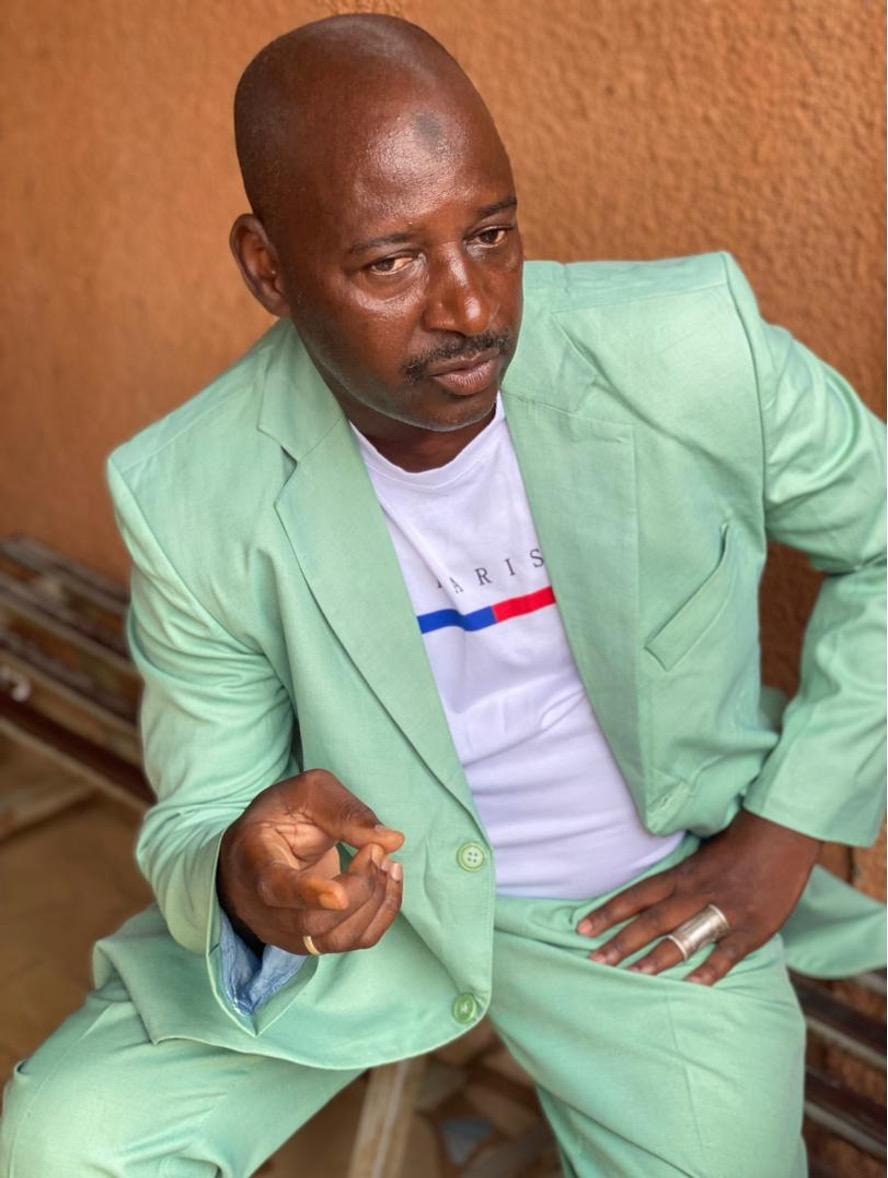Fighting Polio: The Quiet Commitment of a Father and Volunteer in Niamey
In Niamey’s Des Ebon neighborhood, Mr. Hamadou Harouna—a father of six and long-time volunteer—has become a trusted voice for vaccination. Through personal testimony and persistent community work, he helps shift perceptions and build confidence in polio immunization. His story reflects the crucial role of local leadership in Niger’s ongoing eradication efforts.
In recent years, Niger has made major strides in the fight against poliomyelitis. Thanks to intensive campaigns and community outreach, the country has not recorded any confirmed cases of wild poliovirus since 2012. However, circulating vaccine-derived poliovirus (cVDPV) remains a threat—particularly in underserved areas and regions facing insecurity, cross-border movement, and mistrust. These challenges are amplified in densely populated urban neighborhoods like Des Ebon in Niamey, where vaccine hesitancy can take root quickly.
To address this, Niger has invested heavily in Social and Behavior Change (SBC) strategies—engaging trusted community voices to advocate for immunization. In May 2025 alone, more than 24,000 trained agents helped vaccinate 3.9 million children across the country. But it’s volunteers like Mr. Harouna who truly bring these efforts to life at the local level.

Photo: Mr. Harouna during a community mobilization session in Niamey’s Des Ebon neighborhood. His calm presence and personal story have helped many parents overcome doubts. ©UNICEF Niger/ Niamey Mai 2025/ Fatouma ALI
In Niamey, in the Des Ebon neighborhood of the 2nd municipal district, one man embodies community commitment to vaccination: Mr. Hamadou Harouna, 55 years old. A father of six children—one daughter and five sons—he has worked for over two decades as a volunteer collector at the Integrated Health Center (CSI) in his neighborhood. This role, carried out as part of the community management committee, is unpaid but driven by a deep sense of duty to his community.
“Polio vaccination is essential to protect children and communities,” he states with conviction. “This virus can cause irreversible paralysis, and in some cases, death. By immunizing children, we prevent the spread of the virus. High vaccination coverage is therefore indispensable for eradicating polio.”
These words, spoken with seriousness and clarity, resonate as a call for collective responsibility.
Mr. Harouna defends vaccination not only as a volunteer but also as a father. “I’m very relieved to have fully vaccinated my six children, the youngest of whom is 6 years old,” he confides, with palpable emotion. This personal testimony, sincere and full of pride, has a strong impact during awareness campaigns. As a member of the watch committee, Mr. Harouna actively participates in sessions aimed at resolving resistance and refusals to vaccination. His lived experience and dedication have a positive influence on hesitant parents, who see in him a model of trust and responsibility.

